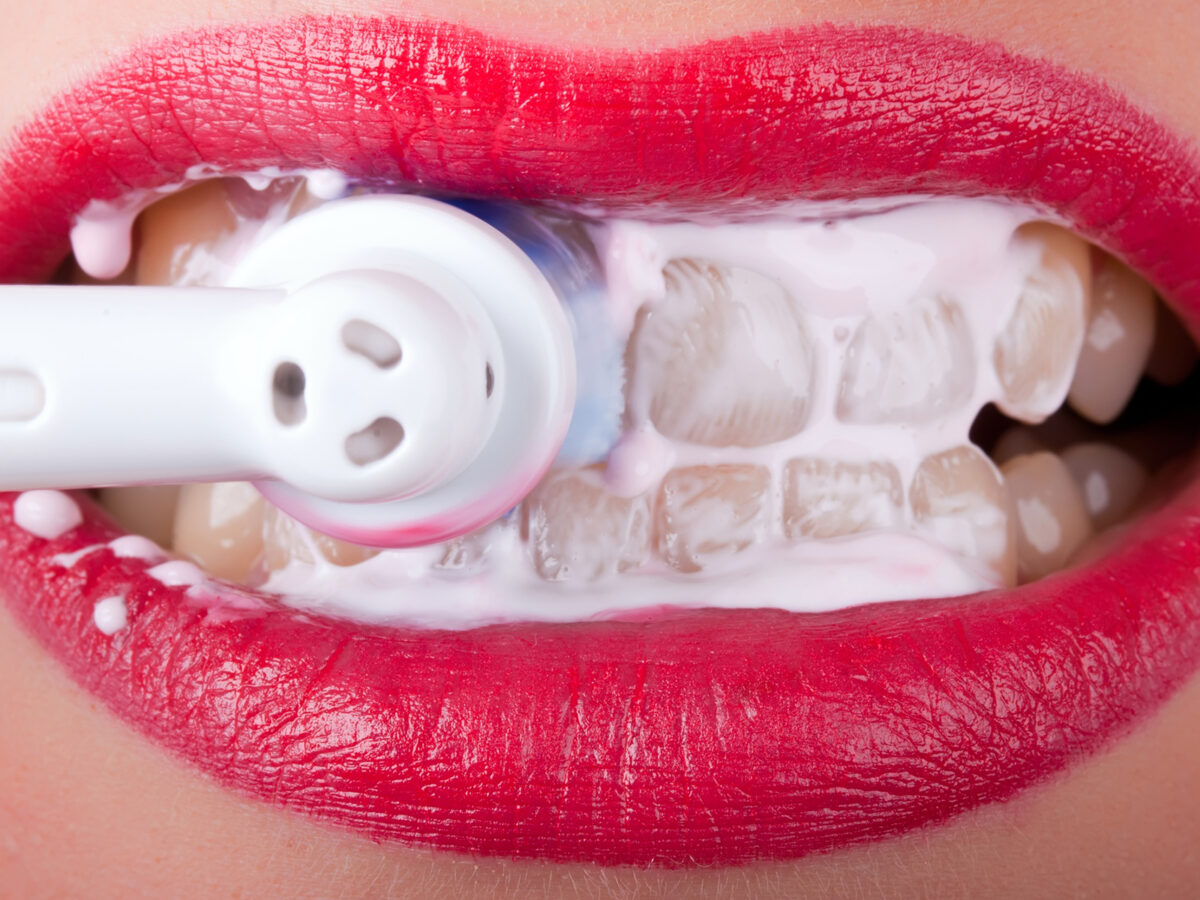River Walk Dental Orthodontics
Blog
Dental hygiene tips for healthy teeth & gums

How To Choose A Electric Toothbrush?
You may be debating whether or not now is the right time to get an electric toothbrush. After all, a toothbrush is a must-have personal care product. Right from the starting, we are taught the significance of brushing our teeth on a regular basis to maintain our teeth and gums healthy. Brushing your teeth twice a day, for two minutes each, is recommended by the Indian Dental Association (IDA) to eliminate plaque and food debris from between teeth and under the gum line. This keeps your mouth healthy and prevents dental decay.
Oral hygiene is not only important for just dental health but also has an impact on your general health. Gum disease is a risk factor for the onset of serious health problems such as heart disease and diabetes. When the nylon brush was first invented, there were not many options available for brushes. But now, there are so many choices that it might be difficult to know where to begin. An electric toothbrush is among one such option.
What Is An Electric Toothbrush?
Electric Toothbrushes are typically considered to be more effective than manual toothbrushes, and many dental practitioners recommend the former to help their patients brush more effectively. You can remove more plaque with an electric toothbrush than with a manual toothbrush because of its rapid speed. If you are planning to invest in an electric toothbrush, there are many different varieties to choose from. every electric brush comes with its own set of functions and price range.
Evaluation Criterion for Electric Toothbrush
Electric toothbrushes are not all made equal, and which one you choose is primarily determined by your own tastes and comfort level. Understanding the different types of replacement brush heads and their technology might help you make a better judgment when deciding between different models
- Stiffness of the bristles
When a toothbrush is classified as extra soft, soft, medium, or hard, it refers to the firmness of the bristles. Harder bristles can harm and remove enamel and root surfaces, so use them sparingly. The IDA recommends a brush with gentle bristles.
- Recommendation of Dental Practitioner
Ask your dentist for a recommendation to check that your toothbrush has passed stringent quality control testing for cleaning efficacy and safety. Alternatively, search for the Indian Dental Association (IDA) Seal of Approval on manual or electric toothbrushes.
- Size
The finest toothbrush head for you should provide you access to all of your teeth’s surfaces. A toothbrush head that is half an inch wide and one-inch height will be more convenient and effective for adults. Toothbrushes with larger heads heads are difficult to manipulate. It is hard-to-reach places like the sides and backs of your molars with such toothbrushes.
- Oscillating Motion
Any electric toothbrush without an oscillating motion should be avoided. This implies that the bristles move a distance back and forth to dislodge plaque and particles. Many electric toothbrushes vibrate in your palm, but they don’t offer any additional cleaning benefits at the bristles.
Along with meeting these requirements, electric toothbrushes bearing the seal must also pass safety testing in an independent lab and demonstrate through clinical trials that they are safe to use on the mouth, as well as any dental hardware that may be present.
Book Appointment to find out which treatment might be best for you.
